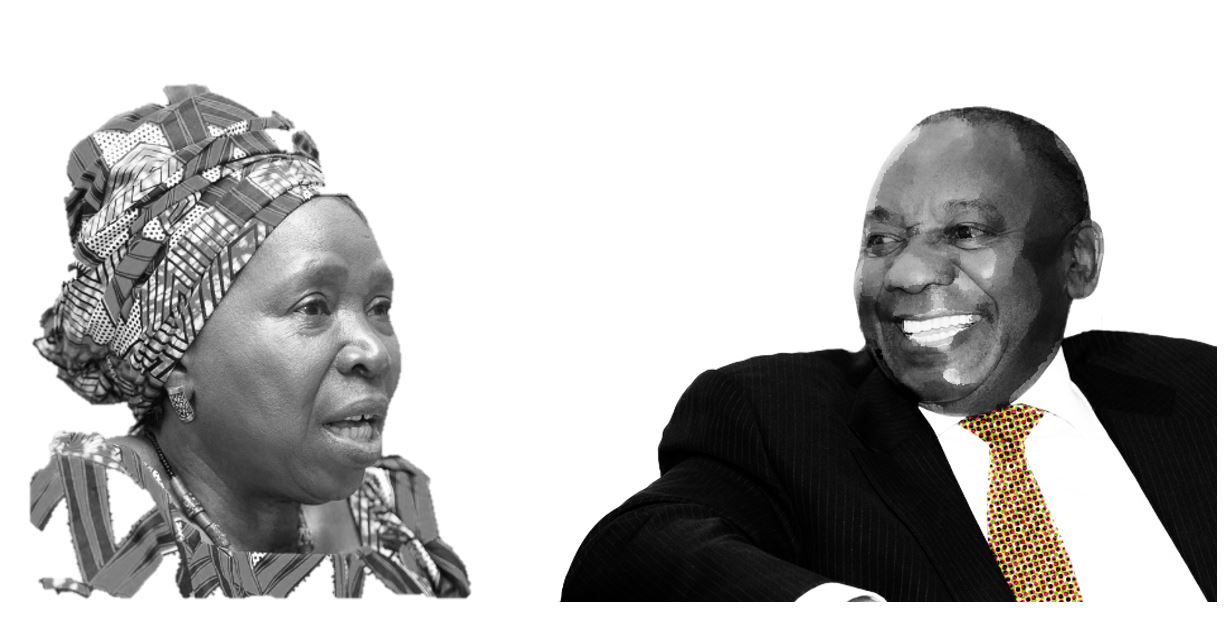A Ruling Party Divided: South Africa's African National Congress in 2017

Nevertheless, with factionalism worsening in the party, a leader capable of reuniting the ANC is an unlikely aspiration. The succession battle is well underway, with various players backing South African Deputy President Cyril Ramaphosa, current African Union Commission Chair Nkosazana Dlamini Zuma, as well as the incumbent.
Although it is unprecedented for an ANC leader to serve more than two terms, it is not prohibited, and a renewed term under President Zuma is not yet off the cards. If he is successful in securing the support of the new NEC, his tenure as president will be secured until the 2019 national election. Yet, with the incumbent having largely become the face of a troubled ANC, party loyalists may be unwilling to sacrifice further popular support by backing him. If the reformists are victorious in December, we could see a defeated Zuma recalled ahead of 2019 with the conference offering the ANC a legitimate channel to invoke a leadership change. However, if pushed to breaking point with neither camp willing to accept defeat, the December 2017 conference could mark the official split of the once dominant and unified party. Such a split will significantly alter the country’s political landscape as post-Apartheid South Africa enters a new era of a weakened ANC and potential coalition governance.
